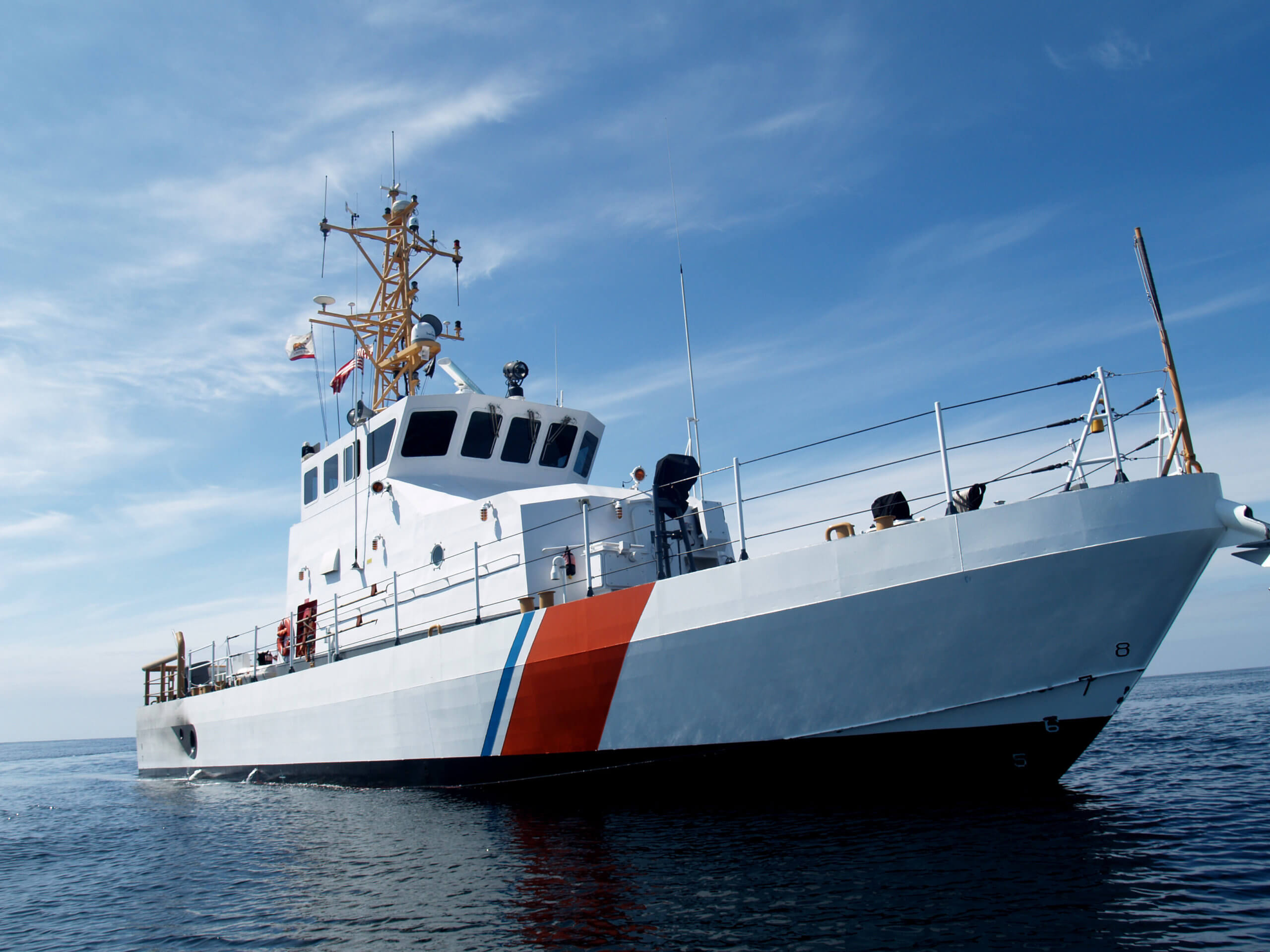Electric Shock Drowning

There is a little-known fact that you can drown right in the marina, in the most shocking way. It is called ESD — Electric Shock Drowning.
Most mariners are not aware that such a danger even exists other than in the most blatant way. If there were an electrical cable thrashing about from a downed power wire, well, it is obvious that whether that happens at the dock or in front of your house this is a major danger. If it happens to knock you off the dock as it paralyzes you, you’re going to drown. But how about a charge as low 10 milliamps?
Sources Of Stray Currents
There are two sources of stray current at the marina — faulty marina wiring and faulty wiring on your boat. At the marina, if there is a non-functioning grounding system, or an improper grounding of the neutral-white power conductor, or just unapproved wiring near the water, there can easily be a charge snaking through the waters.
Although these are all violations of the National Fire Protection Association’s 303: Fire Protection Standard for Marinas and Boatyards, it will be cold comfort if you reach into the water to retrieve your cap and your system is shocked into paralysis. The amount of electricity entering the body can be so small that often the post-mortem doesn’t catch that stray current was the cause of death.
And it doesn’t have to be a marina owner who missed his annual inspection. As boats get bigger and the electrical systems get more complicated — with generators, inverters, chargers, and other devices — chances of error compound. Add in the do-it-yourself attitude and you can see where complications could exist.
It’s all the usual errors — poor groundings, reversed polarities, mixing AC and DC wiring, etc. While such practices are violations of the American Boat and Yacht Council’s standards and recommended practices, the boater is not protected by required inspections. You just must be committed to doing it with licensed and experienced help.
What Can I Do About It?
First, stay out of the water in a marina, especially if someone is running his or her generator. If looking to retrieve something from the water, get a boat hook with a rubber grip and snag it.
Second, check with your dock master to be sure that the boats and the marina itself are wired to American Boat and Yacht Council and National Fire Protection Association standards. It is better the dock master has a charge-indicator in the shop for simple boat work. Have him or her check the waters periodically, perhaps even by staging an electrical safety day at the marina. Have everyone that has a generator turn theirs on, then test the waters. If it shows a charge, turn the generators off one by one until the charge drops out.
He or she will thank you for it — as will everyone at the marina.
If you are interested in joining the United States Coast Guard Auxiliary, email me at JoinUSCGAux@aol.com.



